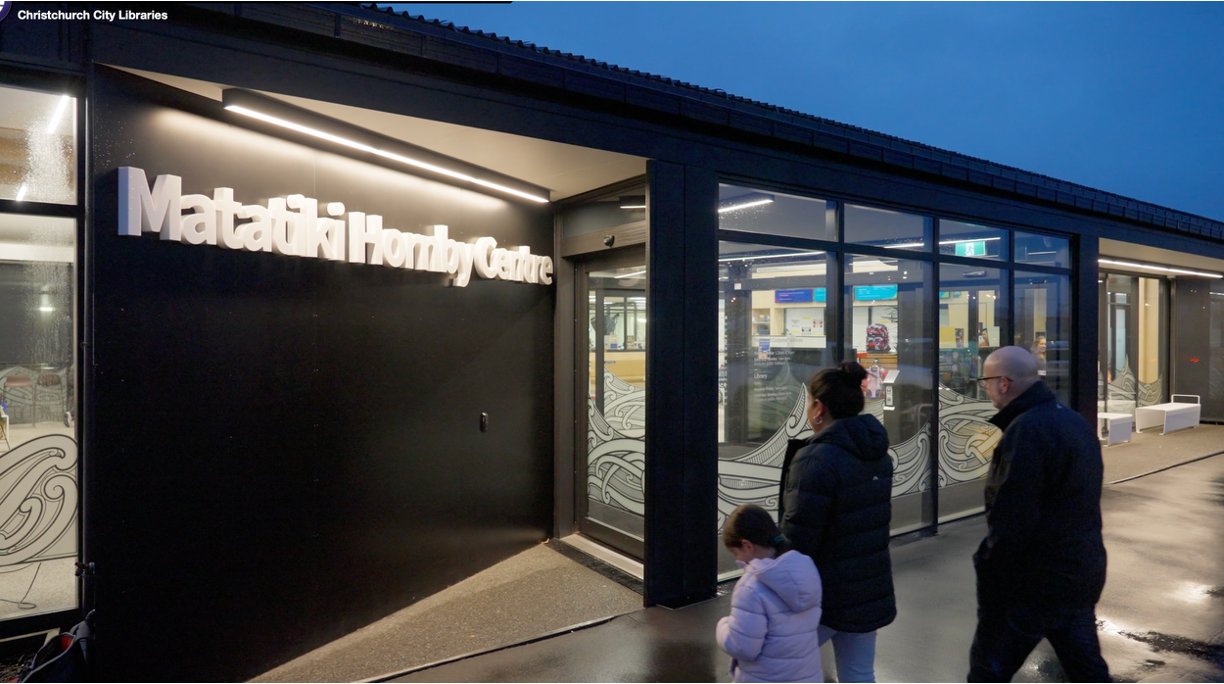Happiness is returning to public policy
Happiness remained largely peripheral to public policy for some time despite Bhutan’s concept of Gross National Happiness.
Thailand in the 1970s developed an approach towards national self-sufficiency. The King, Bhumibol Adulyadej, asked Thais “for moderation and peace, and work to achieve this goal. We do not have to be extremely prosperous.” Perhaps, notions of moderation and happiness were considered too Buddhist for mainstream economic thinking.
Yet happiness as an alternative to economic measures has returned to public policy. The Centre of Public Leadership at Harvard’s Kennedy School has created The Leadership and Happiness Laboratory. It “believe(s) that all great leaders should be happiness teachers”, echoing thoughts of the Dalai Lama. At the London School of Economics, Richard Layard’s work on Happiness at the Centre of Economic Performance has also been influential in rejuvenating it as a social science.
Governments are getting serious about going beyond GDP to measure progress. New Zealand, Finland, Canada, Iceland, Scotland and Wales are part of the Wellbeing Economy Governments (WEGo) partnership and share expertise and policy practices to advance Wellbeing Economies. WEGo was founded on the recognition that ‘development’ in the 21st century entails delivering human and ecological wellbeing.
Interested in more stories like this? Sign up to our monthly newsletter.
Happiness is returning to public policy
Happiness remained largely peripheral to public policy for some time despite Bhutan’s concept of Gross National Happiness.
Thailand in the 1970s developed an approach towards national self-sufficiency. The King, Bhumibol Adulyadej, asked Thais “for moderation and peace, and work to achieve this goal. We do not have to be extremely prosperous.” Perhaps, notions of moderation and happiness were considered too Buddhist for mainstream economic thinking.
Yet happiness as an alternative to economic measures has returned to public policy. The Centre of Public Leadership at Harvard’s Kennedy School has created The Leadership and Happiness Laboratory. It “believe(s) that all great leaders should be happiness teachers”, echoing thoughts of the Dalai Lama. At the London School of Economics, Richard Layard’s work on Happiness at the Centre of Economic Performance has also been influential in rejuvenating it as a social science.
Governments are getting serious about going beyond GDP to measure progress. New Zealand, Finland, Canada, Iceland, Scotland and Wales are part of the Wellbeing Economy Governments (WEGo) partnership and share expertise and policy practices to advance Wellbeing Economies. WEGo was founded on the recognition that ‘development’ in the 21st century entails delivering human and ecological wellbeing.
Interested in more stories like this? Sign up to our monthly newsletter.

Happiness is returning to public policy
Happiness remained largely peripheral to public policy for some time despite Bhutan’s concept of Gross National Happiness.
Thailand in the 1970s developed an approach towards national self-sufficiency. The King, Bhumibol Adulyadej, asked Thais “for moderation and peace, and work to achieve this goal. We do not have to be extremely prosperous.” Perhaps, notions of moderation and happiness were considered too Buddhist for mainstream economic thinking.
Yet happiness as an alternative to economic measures has returned to public policy. The Centre of Public Leadership at Harvard’s Kennedy School has created The Leadership and Happiness Laboratory. It “believe(s) that all great leaders should be happiness teachers”, echoing thoughts of the Dalai Lama. At the London School of Economics, Richard Layard’s work on Happiness at the Centre of Economic Performance has also been influential in rejuvenating it as a social science.
Governments are getting serious about going beyond GDP to measure progress. New Zealand, Finland, Canada, Iceland, Scotland and Wales are part of the Wellbeing Economy Governments (WEGo) partnership and share expertise and policy practices to advance Wellbeing Economies. WEGo was founded on the recognition that ‘development’ in the 21st century entails delivering human and ecological wellbeing.
Interested in more stories like this? Sign up to our monthly newsletter.






